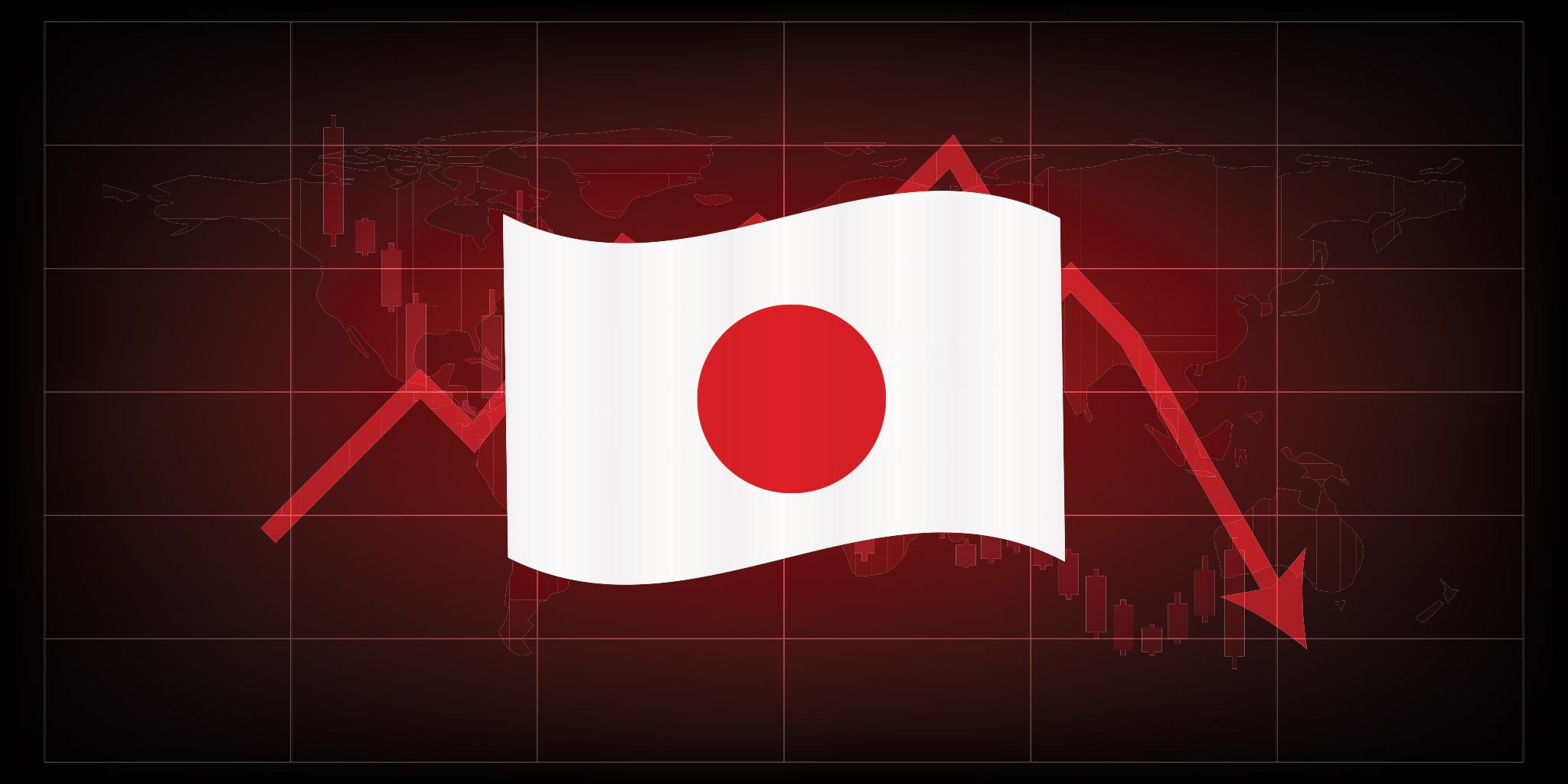It appears that the days of Sony, Panasonic, Honda and Nintendo ruling the business world are well and truly over. Japan enjoyed its time in the sun in the 1970s and 80s and has been riding the waves from that golden age for a few decades now, but news this week that the country has slipped to the world’s fourth-biggest economy won’t go down well with business leaders. Germany has overtaken Japan for the third spot, with the US and China leading the way in first and second respectively.
Highlighting Japan’s Fall From Grace
An article in today’s Asahi Shimbun discusses Japan’s fall from grace and faltering economy. “The numbers highlight how the Japanese economy has gradually lost its competitiveness and productivity while the population shrinks as Japanese people age and have fewer children, analysts say.”
The advent of electric cars has shaken Japan’s once triumphant auto sector. There is also a reluctance to embrace immigration as a way of dealing with a dwindling and aging population and an antiquated ethos towards work and contemporary business practices. All of these factors have seen Japan being left behind by more progressive countries.
The Asahi Shimbun article quotes Tetsuji Okazaki, a professor of economics at the University of Tokyo, as saying, “when looking ahead to the next couple of decades, the outlook for Japan is dim.”
Some Positives
It’s, potentially, not all doom and gloom, however. Marcel Thieliant, Capital Economics’ head of Asia-Pacific is quoted as saying in an article on CNBC that, “While job vacancies have weakened, the unemployment rate dropped to an eleven-month low of 2.4% in December. What’s more, the Bank of Japan’s Tankan survey showed that business conditions across all industries and firm sizes were the strongest they’ve been since 2018 in Q4.”
Whatever the situation, however, forecasts for the Japanese economy look bleak, and it will need huge economic and social changes to combat the pessimistic outlook.









